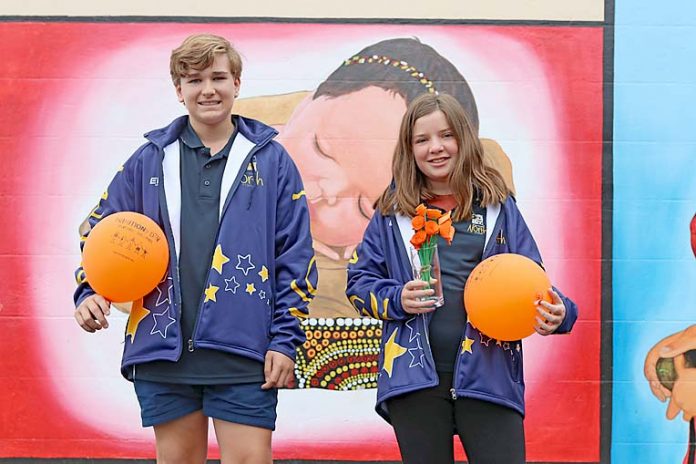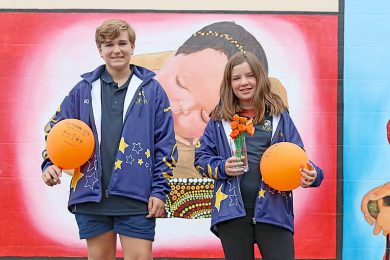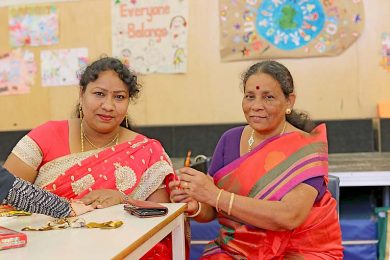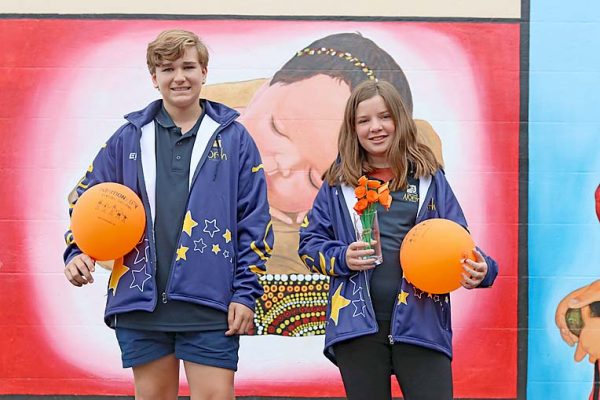
ACROSS the country, students graciously merged together yesterday to “build the bridge” in celebration of Harmony Day.
But for North Primary School, Harmony Day is just another day of accepting cultural traditions and welcoming diversity in the classroom.
Intensive English Language and new arrival program coordinator and assistant principal Arm Puangpaka moved to Australia over a decade ago and is still finding the country a “beautiful place” to live.
“I would like everyone to understand people do not have to lose identity when moving to a different country,” she said.
“I am from Thailand but I call myself Australian as I am a citizen.
“I have adapted and learnt the Australian culture, but I have not lost my national traditions either.”
Ms Puangpaka said Harmony Day is about understanding each others traditions and merging together as one.
“Through our school celebrations we are learning about five different cultures including Aboriginal and Torres Strait Islander, Indian, African, Karen and Australian,” Ms Puangpaka told The Border Watch yesterday.
“We recognise Australia accepts diversity and is becoming more multicultural every day.
“For me, it is not just today but we celebrate it every day.”
Living in a large open country and isolating from one another does not “make sense” to Ms Puangpaka.
“There is no point closing ourselves off and placing a wall in front of us from learning new skills,” she said.
“There are many things around the world to see, food to explore, understand ways people are thinking.
“Why would we limit ourselves from this and close the door?
“It is important for kids to know there is a big world out there.”
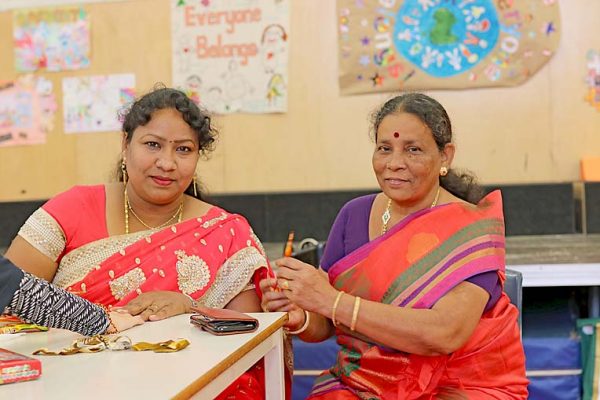
Ms Puangpaka said it is important to remember all people are equal.
“You should not judge people by their look or by their skin,” she said.
“As an educator, I would like to give the chance to kids to explore different opportunities and judge for themselves.”
Ms Puangpaka said understanding people was an important way to discover talent and grow.
“I believe everybody is good at something,” she said.
“When we welcome someone else into the country we need to help them find where this person should be.”
Ms Puangpaka said Australia has become more “open-minded” compared to a decade ago.
“I come from Adelaide and people warned me about Mount Gambier as they thought it was very mono,” she said.
“When I arrived I could not believe my friends would even say that.
“I think outsiders of Mount Gambier do not understand the city is very welcoming and homely.”
Ms Puangpaka said education was the key to understanding.
“People have walls to protect themselves but it is about letting them know people want to live here too,” she said.
“Everyone has past experiences which formulate their own opinions from some source.
“I walk half way and you walk half way and we can meet in the middle to recognise how far we have come.”

